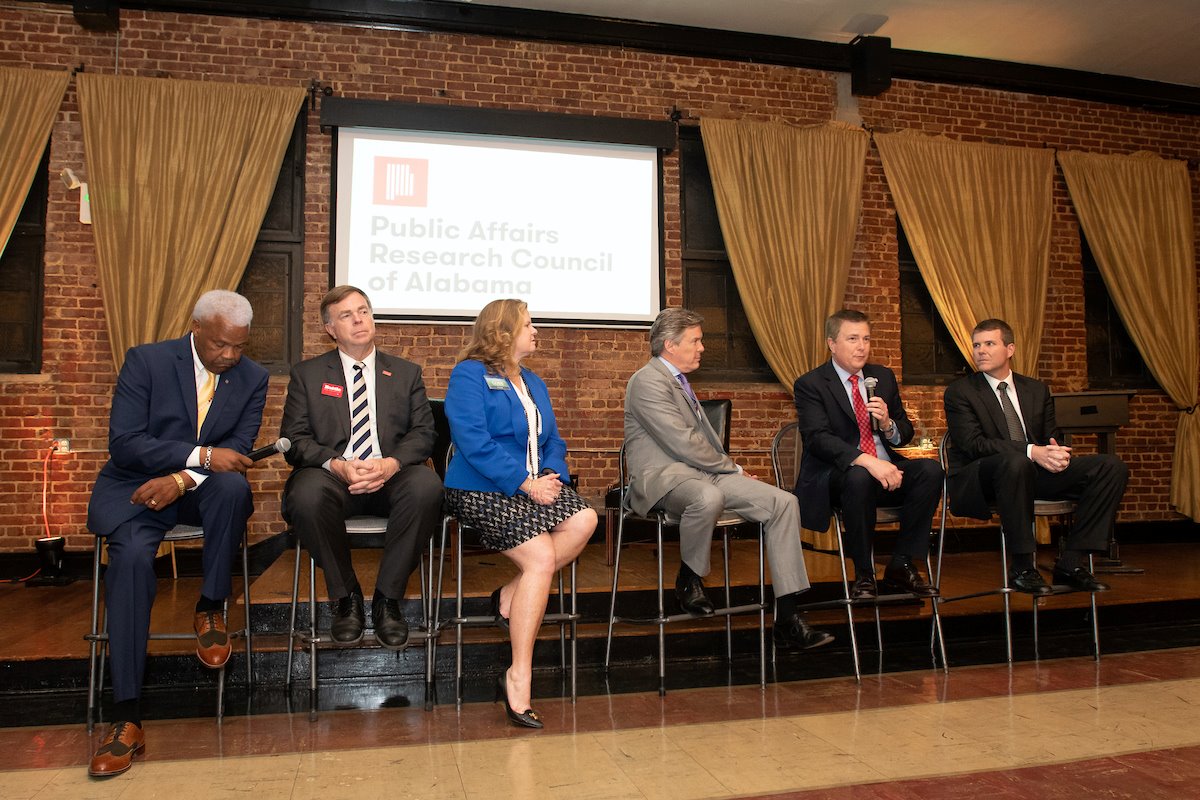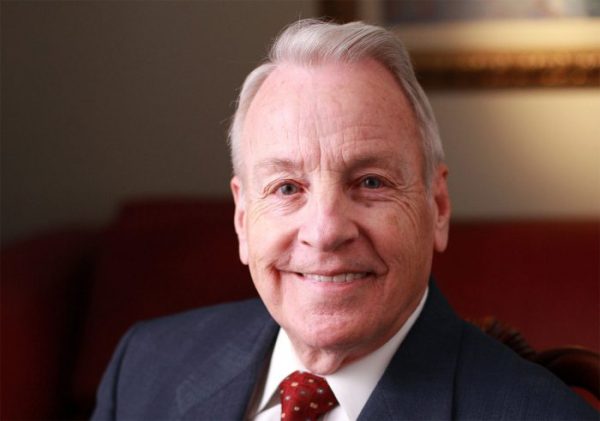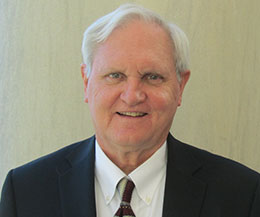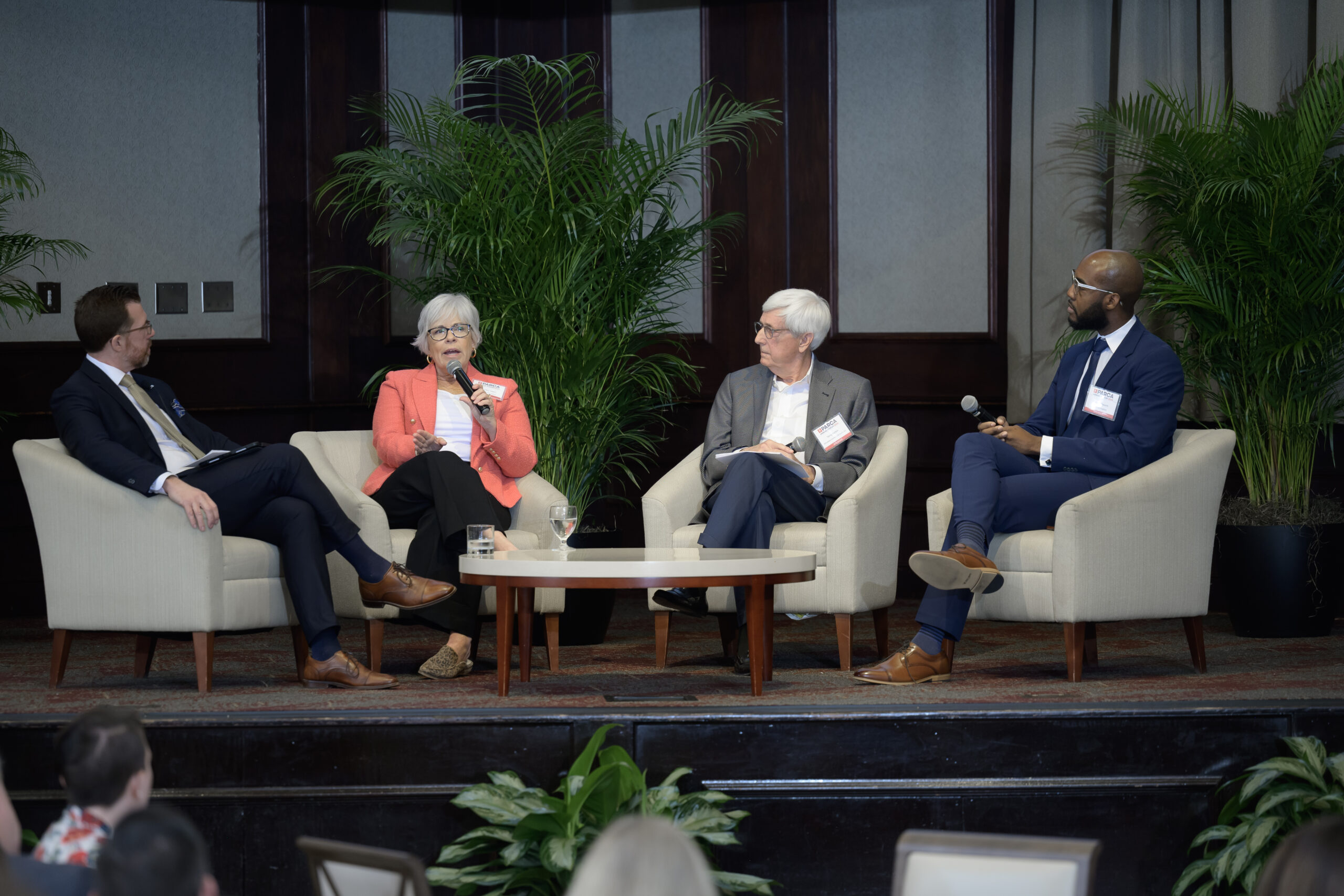
Housing inventory continues to fall, and prices continue to rise. Pressures on the housing market ripple across the economy but may have the most significant impact on middle-income workers – those earning between 80% and 120% of the median income. As housing prices increase, middle-income workers often struggle to live where they work. The shortage of affordable housing complicates hiring and threatens our economic health and community vitality.
See links to Forum resources below
For example, while median income in Alabama is $60,000. The median home sale price in January was $263,000, one of the largest gaps in our history. Likewise, the Alabama median income supports rent of $1,240, but average rent for a three-bedroom apartment in Alabama is $1,500.
These challenges were the focus of PARCA’s 2024 Annual Forum: Housing Alabama’s Workforce.
The March 7 event welcomed over 300 state and local leaders gathered at the Harbert Center on March 8 to consider these issues and hear an address from Governor Kay Ivey.
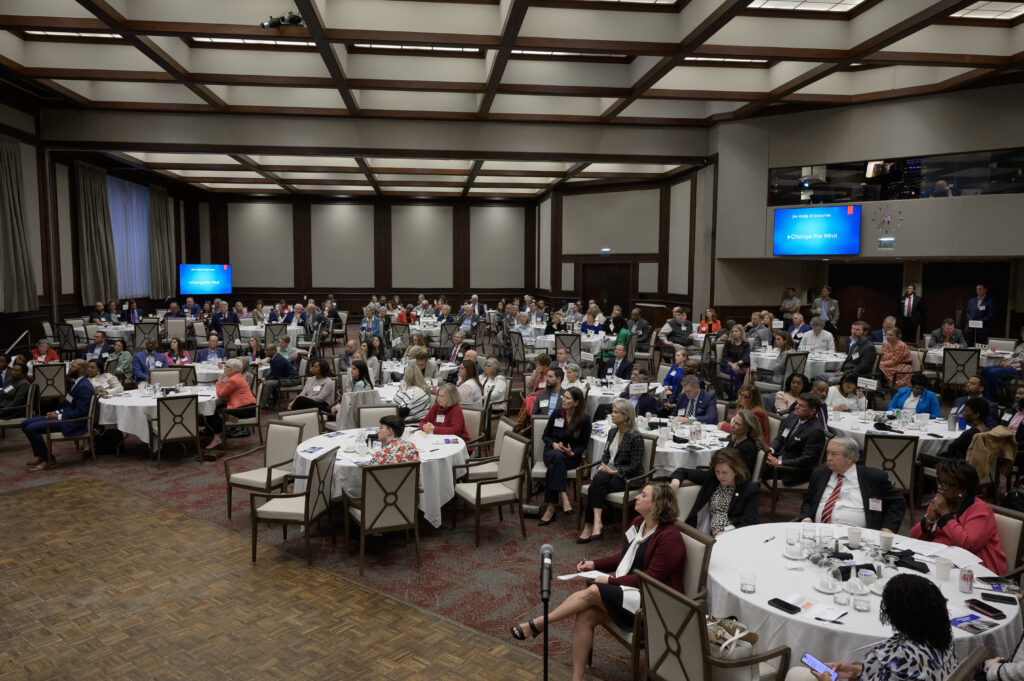
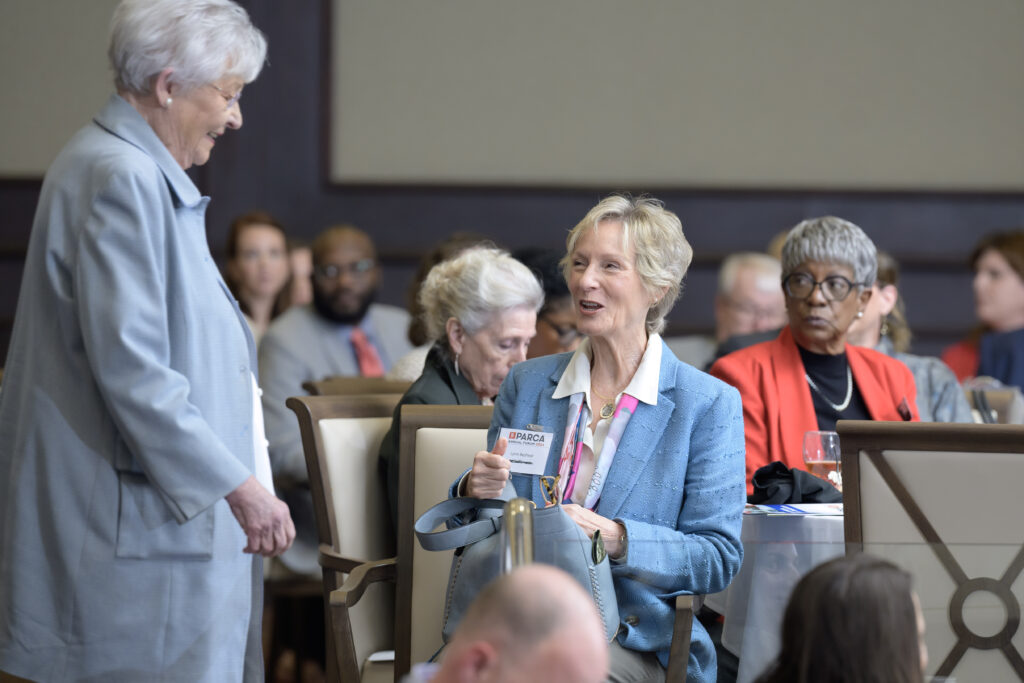
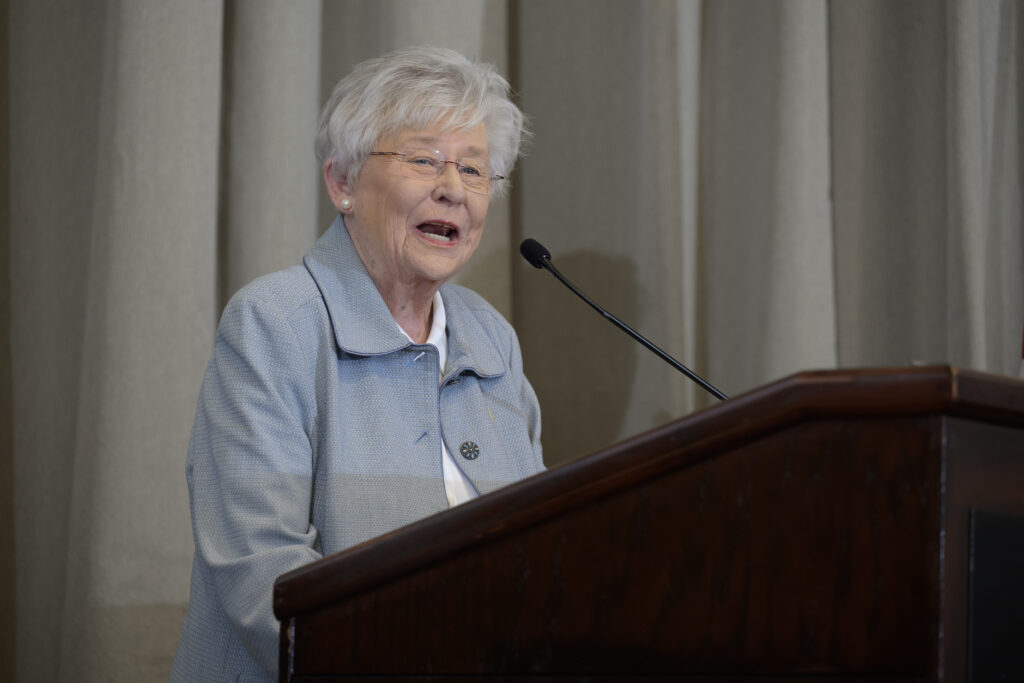
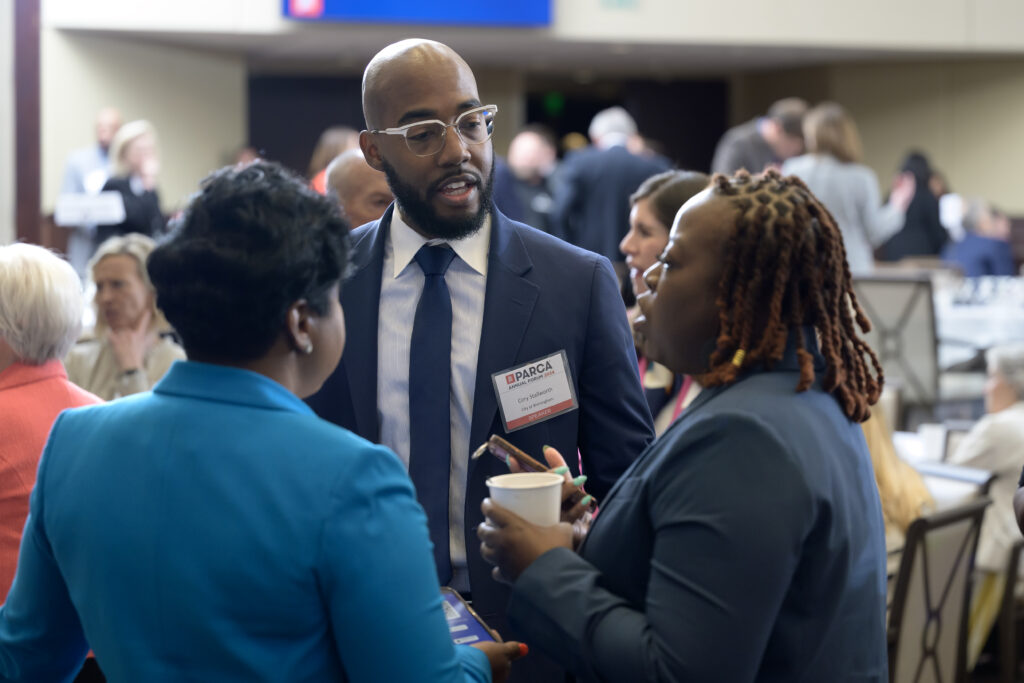
Guiding the discussion were Lisa McCarroll of Navigate Housing Partners, Amanda Loper of David Baker Architects, Terry Harbin of Affordable Homes Gulf Coast, Mary Ellen Judah of Neighborhood Concepts, Cory Stallworth of the City of Birmingham, and James Stockard from the Harvard University School of Design.
The speakers explored the housing challenges facing the state’s middle-income workers—those vital to the economy and well-functioning communities, such as teachers, nurses, and first responders.
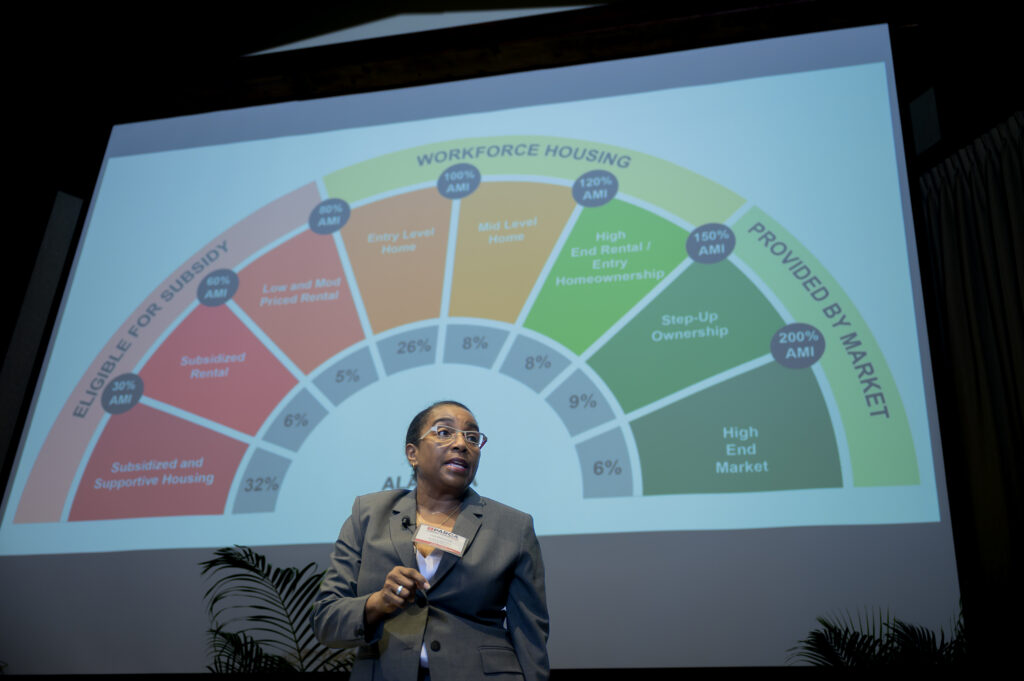

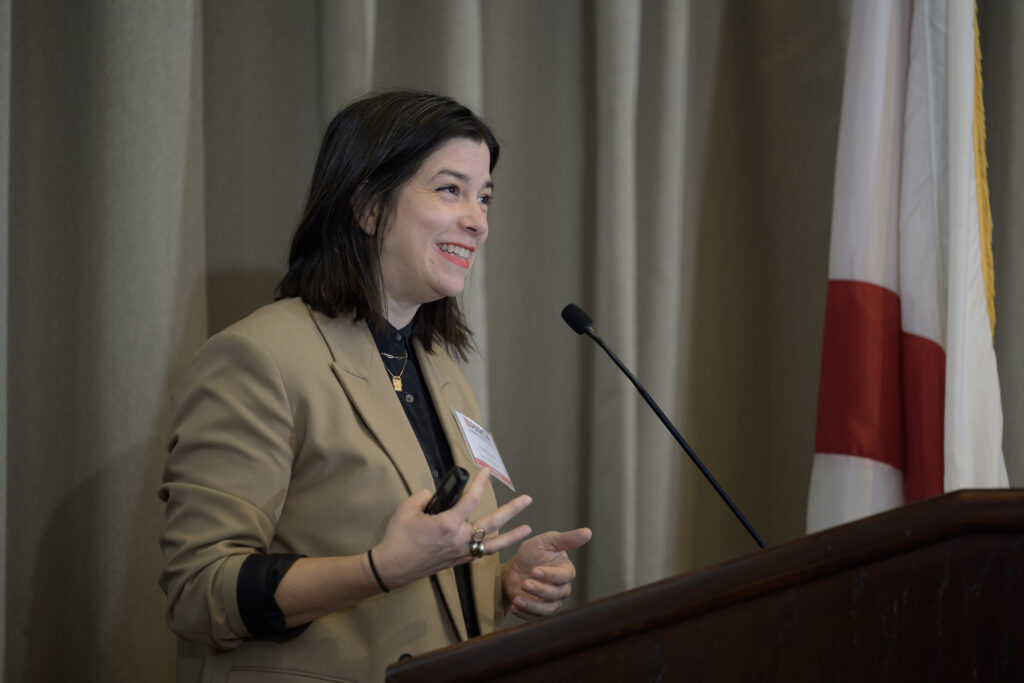
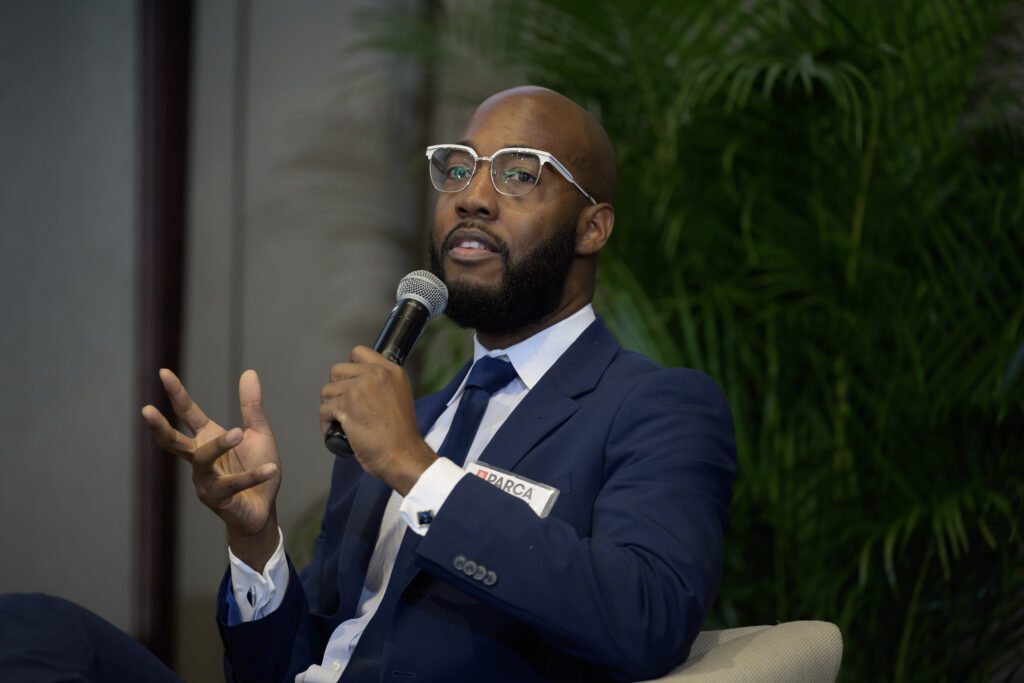
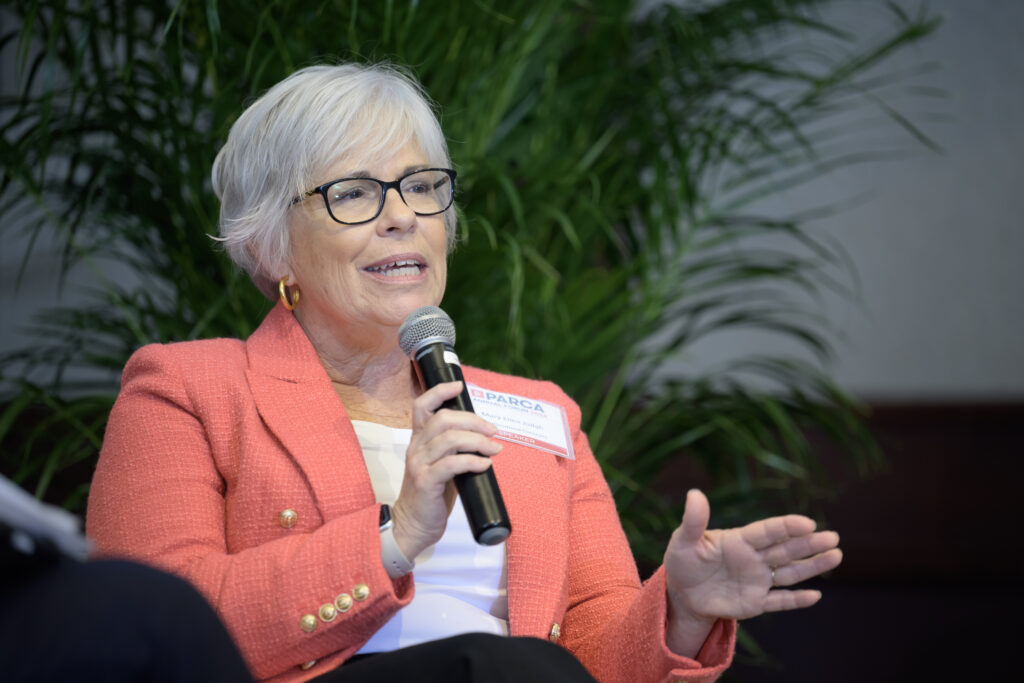

Lisa McCarroll made the point well, noting that some 40% of Alabamians may qualify for some type of subsidized housing. Another 44% do not qualify, but earn far less than necessary to afford market rate housing.
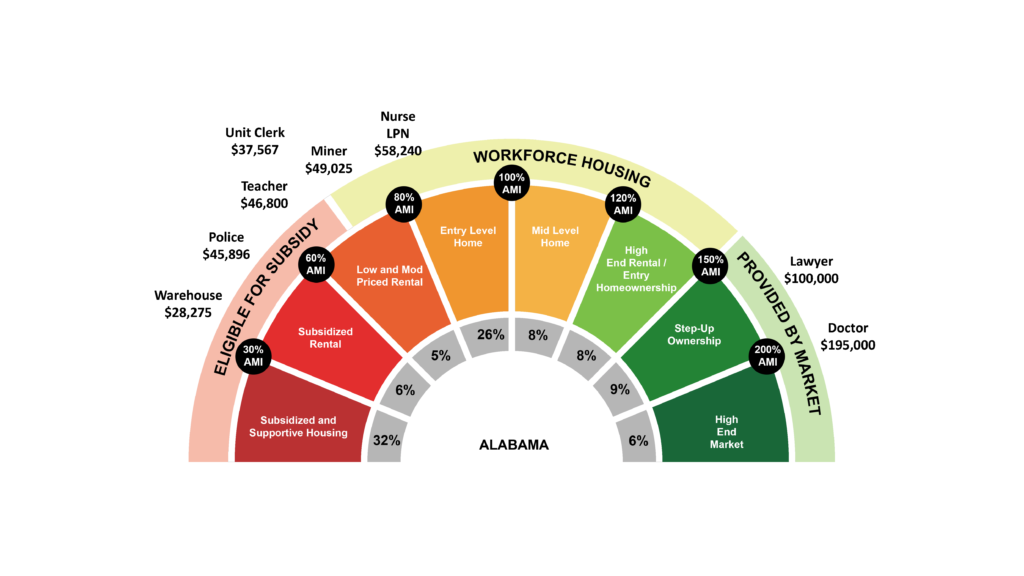
Amanda Loper offered examples of creative housing around the county that is both affordable and builds community.





Terry Harbin, a for profit developer Mobile, Mary Ellen Judah, Executive Director of the Huntsville-based nonprofit, Neighborhood Concepts, Cory Stallworth of the City of Birmingham, shared their differing approaches to addressing the shortage of workforce housing.
They highlighted the fact that federal tax credits for developing affordable housing in Alabama are restricted to one per county. And currently, Alabama has no state credit, though one has been introduced in the Legislature this session.

Jim Stockard challenged the audience with a series of questions to consider, including:
What are the types of publicly owned sites that might lend themselves to housing construction in Alabama cities?
Where are the existing market rate apartment buildings in your cities that might be re-purposed as mixed income complexes that could serve the workforce in their cities
What should the state allow or even mandate in terms of local zoning ordinances?
What level of assistance might cities or the state be willing to provide to assist households in becoming homeowners?
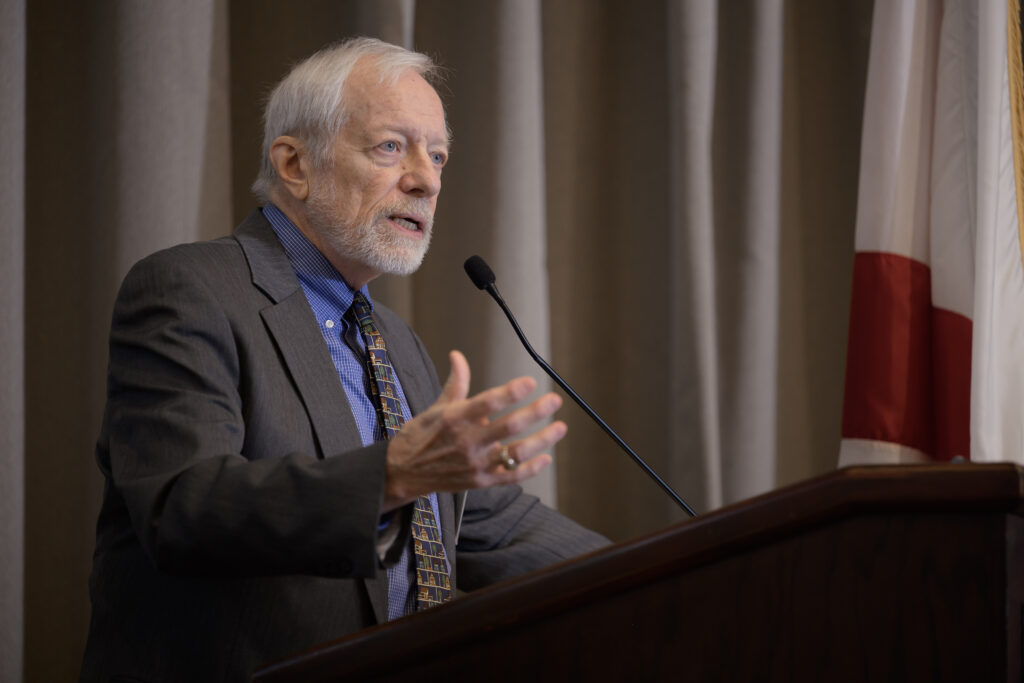
Encouraged…
Attendees noted they were encouraged to know there are people in Alabama working to address these concerns and that there are actually new things that the state can do.
More than 80% of surveyed attendees reported no, slight, or only moderate knowledge of housing policy before the event–and 90% of those same attendees reported the event improved their knowledge of the topic.
Governor Albert Brewer Memorial Lunch
Governor Ivey addressed the audience as part of the Governor Albert Brewer Memorial Lunch
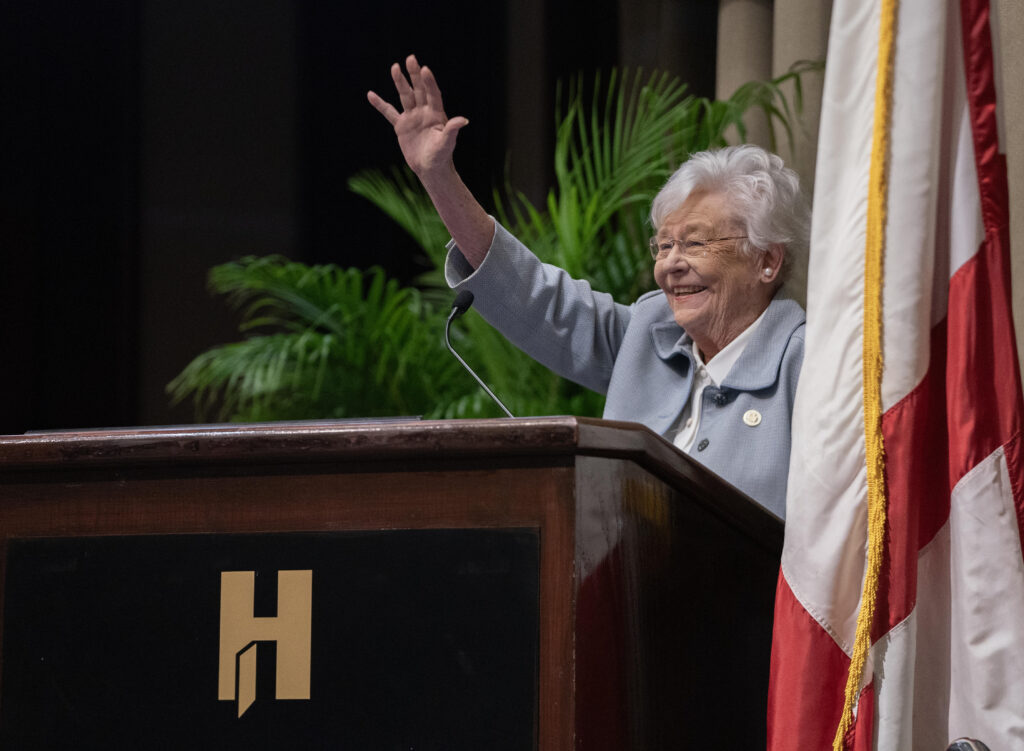
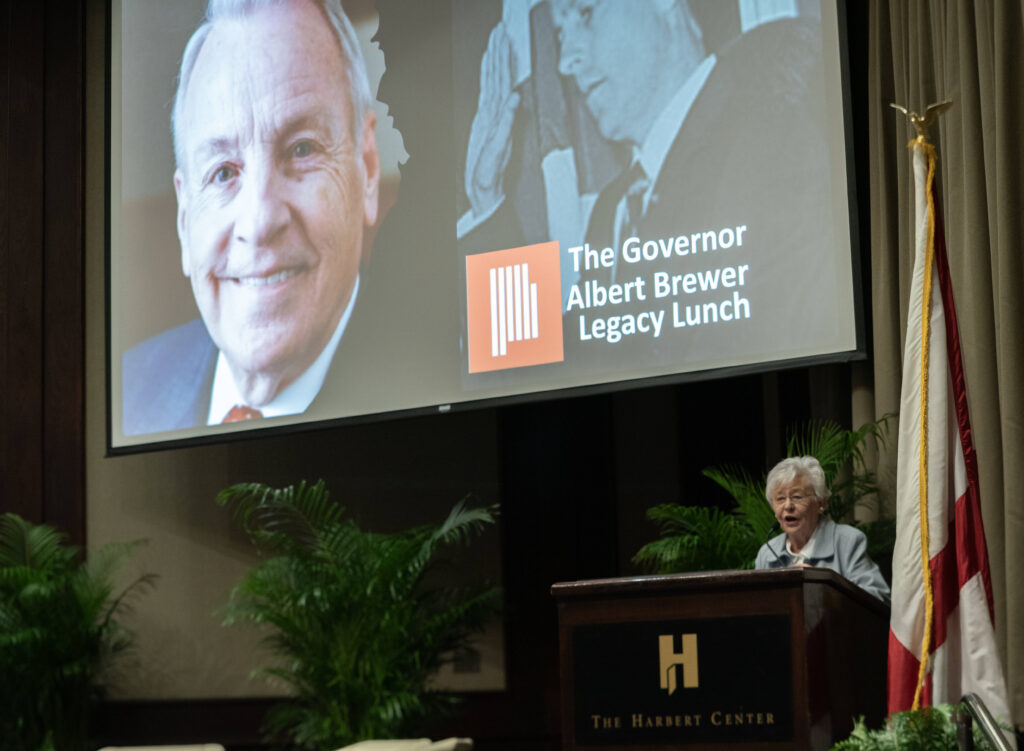
Forum Resources
Annual Forum Program, including housing policy glossary, resources, and data
Why Housing? Ryan Hankins
What is Workforce Housing? Lisa McCarroll
Innovations Around the Country Amanda Loper
Opportunities in Alabama Panel
What is Possible? James Stockard


